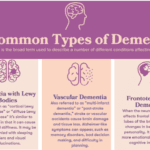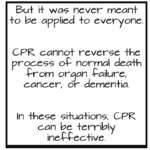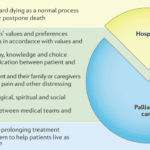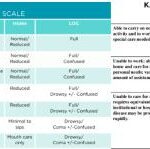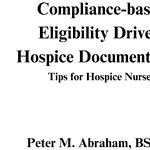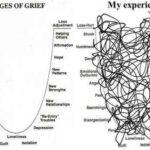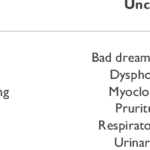Author: Peter Abraham, BSN, RN
Peter Abraham, BSN, RN, is a compassionate hospice nurse, certified end-of-life doula, and Health and Life Navigation Specialist. He warmly supports nurses, caregivers, families, and patients during challenging moments. His rich background spans cardiology, medical-surgical, and long-term care. Additionally, he has led teams in rehab, rural hospice, and palliative care as a dedicated case manager and admissions nurse.
Through Compassion Crossing, Peter offers practical support, including advance care planning, guidance on hospice and palliative care, legacy projects involving photography and videography, medication reviews, and vigil planning. He conducts on-site visits in Madison County, Kentucky, and provides virtual support nationwide. His goal is to turn fear into peace through education and compassionate presence. Guided by his faith in Christ Jesus, Peter brings hope during challenging transitions.
How Peter Helps Through Compassion Crossing
Peter founded Compassion Crossing to provide personalized support that transforms fear into peace. His services include:
- Advance Care Planning — prepare for future decisions.
- Dementia Care Coaching — support for memory-related changes and caregiving.
- Grief Support — helps you through loss and healing.
- Illness Navigation — guides you through new diagnoses.
- Medication Reviews — prevent errors and improve safety.
- Staff Training & Development — equips healthcare teams with skills to provide compassionate, effective care.
- Wellness Checks — peace of mind and health monitoring.
Peter's Mission
Peter's goal is simple: create a supportive environment where no one faces life's most challenging moments alone. He writes helpful articles, books, and guides to help caregivers, families, and healthcare professionals feel prepared and confident.
He also shares his knowledge through his YouTube channel, Nurse Peter, where he discusses death, dying, and compassionate care with hospice nurses, holistic nurses, caregivers, and end-of-life professionals.
Life Beyond Work
When Peter isn't working or writing, he enjoys spending time with his wife, Laura, and their two rescue dogs in the beautiful countryside of central Kentucky.
Ready to Talk?
Schedule a free conversation with Peter to see how we can support you, someone you care about, or your organization.
You don't have to face life's difficult transitions alone. We're here to help.







